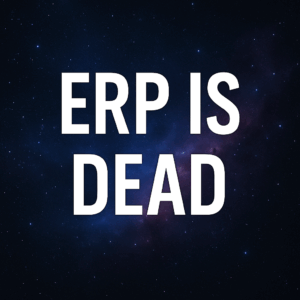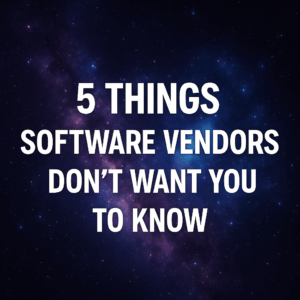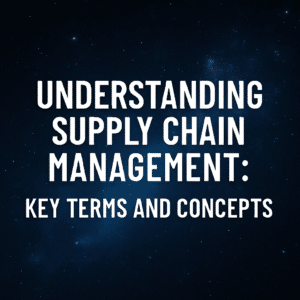Once you have selected your SAP system integrator, it’s easy to get steamrolled into letting the army of consultants show up on site, start the meter running, and just start doing stuff. Despite pressure you may feel from Deloitte, Accenture, Capgemini, or most other integrators, this is a terrible idea that goes against your best interest. There are critical things to do before beginning your SAP S/4HANA implementation.
Table of Contents
ToggleCliff diving into your S/4HANA implementation
I often refer to this as the cliff-diving phenomena. Organizations too often dive head first into “doing stuff” without having a clear vision, path forward, or business blueprint in place. This is why troubles like the SAP failure at Lidl and the SAP challenges at Haribo are so common in recent years.
The problem is that you aren’t ready – nor should you be expected to be ready – to jump right in the minute you have decided to move forward with you S/4HANA transformation. There is simply too much work to do in advance to make the best use of your system integrator. As the below graphic shows, the cliff-diving phenomena that too many organizations get pressured into is fraught with risks.
Instead, the more successful companies engage in a transformation readiness phase of the project before engaging the army of SAP consultants to get started on Day 1. This work should be conducted in a technology-agnostic way – not an SAP-first perspective. In other words, your business needs, requirements, and blueprint should drive the S/4HANA transformation – not the other way around. This work is best performed by technology-agnostic support (such as Third Stage Consulting) that isn’t trying to cram as much SAP software down your throat as quickly as possible.
Five things to do prior to your S/4HANA implementation
Below are five of the areas that should be addressed prior to fully engaging your SAP system integrator:
1. Strategic and executive alignment. Your company needs to fully understand what it wants to be when it grows up before beginning software design. There needs to be clear strategic direction and alignment on your team, which should translate into clear priorities and parameters for your S/4HANA implementation. Strategic decisions around standardization, shared services models, organizational design, and other key variables should be decided before getting your system integrator involved.
- Operational readiness. Contrary to popular belief, business process management should start before the implementation design phase, not during. If you are spending time figuring this out after the project starts, one of two things will happen: a) you will rush decisions to simply automate existing business processes along the path of least resistance, or b) you will spend way too much money on your transformation while the consultants keep the meter running while you make key operational decisions.
- People readiness. Organizational change management is one of two to three workstreams most likely to be on your project’s critical path, meaning that it is likely to cause time delays if not managed properly. Conducting an organizational readiness assessment and organizational design prior to beginning implementation is critical. This is also an opportunity to mobilize your internal organizational change team.
- Technical readiness. You will want to spend time defining your future state physical and organizational IT infrastructure prior to beginning your S/4HANA implementation. You will want to have a clear architecture strategy, IT skills uplift plan, and data migration strategy. Again, these are all things that should be completed by technology-agnostic experts that can help you become a more self-sustaining team – not one that benefits from you outsourcing these competencies to them.
- Project governance and planning. This is your project, not your system integrator’s. Your team should define and implement a project governance structure, charter, and overall program implementation plan that you can manage the system integrator to. Independent third-party SAP experts such as those at Third Stage can help you manage your system integrator, optimize resources and costs, and identify and manage risks as part of your overarching project governance strategy and plan.
Summary: take control of your project and look out for your own best interests
The best anecdote for mitigate implementation risk and potential SAP failures is to take control of the project and augment your implementation project with independent expertise to address the areas outlined above. Your SAP system integrator isn’t a silver bullet, so be sure to look out for your best interests when embarking on your SAP transformation.
We have helped a variety of companies through their SAP S/4HANA implementations in recent years, so please feel free to contact me if you would like to arrange a web conference for me to be an independent sounding board for your project. I’m happy to help!





